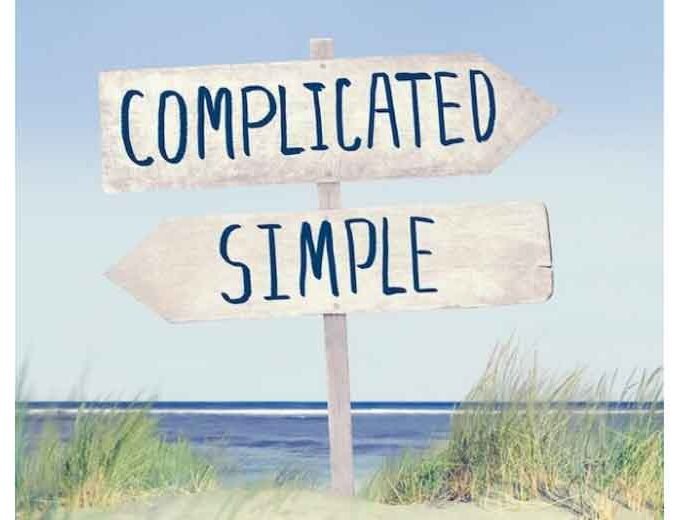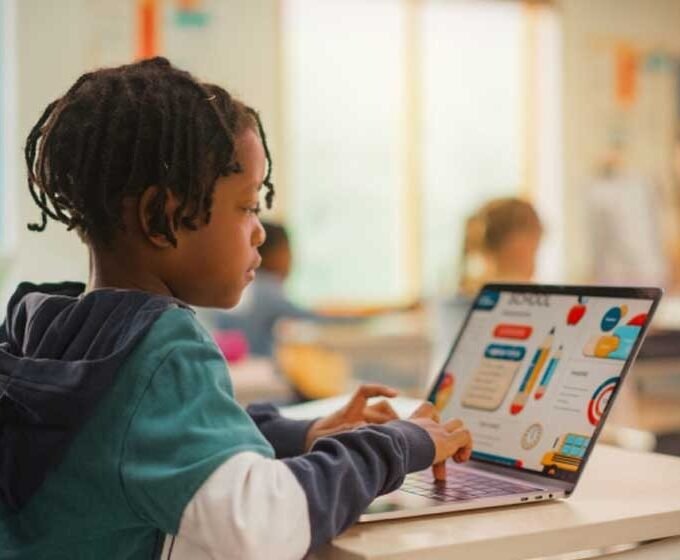Understanding the most efficient methods for learning can enhance your productivity when acquiring fresh knowledge, understanding, and abilities. If your schedule is tight like most individuals, maximizing the educational benefit of your available time is crucial.
However, speed of learning is not the sole crucial factor. Being able to remember information accurately, recall it later, and use it effectively in different situations is crucial.
Yes you surely can opt for a JC economics tuition to get into the nitty-gritty of a subject. But I’d ask you to try self-teaching before you get help from someone else.
What methods can you use to educate yourself? When you start learning about a new topic, make sure to include some of these strategies:
1: Work on Improving Your Memory
There are several strategies available to enhance memory.
Starting with simple advice like enhancing your concentration, steering clear of last-minute studying, and organizing your study schedule is helpful, yet delving into psychological insights can greatly enhance how effectively you learn. Some ways to enhance your memory are:
Engaging in consistent physical activity has been associated with enhancements in memory and brain function.
Interacting with others socially
Ensuring sufficient restorative sleep.
Getting rid of anything that might divert your attention to concentrate on absorbing new information.
Arranging the information, you are learning in a way that helps you recall it more easily.
Utilize elaborative rehearsal during studying by taking a moment to explain new concepts in your own words.
Utilizing visual tools such as images, diagrams, and graphs.
Reciting the data you are learning verbally.
For instance, you could employ universal learning strategies such as dedicating silent periods for studying, practicing, and verbalizing information. You can also integrate techniques that promote improved memory, like working out and spending time with others.
2: Keep on Learning New Things
Consistently taking part in the educational journey is a highly reliable method for enhancing your learning abilities. Studies have shown that the brain can produce new brain cells through a process called neurogenesis. Nonetheless, it is important for a person to participate in demanding educational tasks to prevent the eventual demise of these cells.
These cells persist and become part of brain networks by obtaining new information. Hence, it is crucial to continue practicing the new language to retain your progress while learning. The brain goes through a process called “pruning,” where it either uses it or loses it.
During pruning, specific pathways in the brain are retained, while others are removed. To ensure retention of recently acquired knowledge, regular practice and review are essential.
3: Learn in Different Ways
Another great method for learning effectively is to concentrate on learning through multiple avenues. For instance, rather than listening to a podcast for auditory learning, try practicing the information verbally and visually.
This could include explaining your new knowledge to a friend, jotting down notes, or creating a mind map. By learning through multiple methods, you are reinforcing the data in your memory.
If you are considering learning a new language, experiment with different methods like listening to examples, reading written text, practicing with a friend, and writing your own notes.
A useful suggestion is to write your notes on paper instead of using a laptop, tablet, or computer. Studies have shown that writing notes by hand can improve memory retention better than taking notes on a device.
4: Work on Doing Some Practical Stuff
Many students usually learn by reading textbooks, going to lectures, or conducting research in the library or on the internet. Although observing and recording information is crucial, applying new knowledge and skills is a highly effective way to enhance learning.
If it is a sport or athletic ability, make sure to engage in the activity consistently.
If you’re studying a new language, engage in conversation with someone and immerse yourself in language-learning experiences. View movies in different languages and engage in discussions with native speakers to improve your developing language abilities.
5: Make Mistakes but Learn from Them
Studies indicate that making errors during the learning process can enhance learning results.
One study found that making mistakes close to the correct answer is a beneficial aspect of the learning process. Another research discovered that errors paired with feedback for correction can be advantageous for learning.
Therefore, when learning a new concept, take the time to rectify any errors made and analyze how you arrived at the wrong conclusion.
This approach can promote the development of critical thinking abilities and enhance your flexibility in educational settings that demand the ability to adjust your perspective.
Bonus: Avoid Multitasking
It was believed for a long time that individuals who multitasked had a competitive advantage over those who did not.
Yet, recent studies indicate that multitasking can hinder the efficiency of learning. Multitasking can mean attempting to handle multiple tasks simultaneously, alternating between tasks rapidly, or completing tasks in quick succession.
Research shows that engaging in this activity not only decreases productivity in work but also hinders concentration and diminishes understanding.
Studying becomes more difficult and comprehension decreases when multitasking. Studies have also discovered that engaging in media multitasking, which involves splitting attention between various media sources, can negatively affect learning and academic achievement.
















